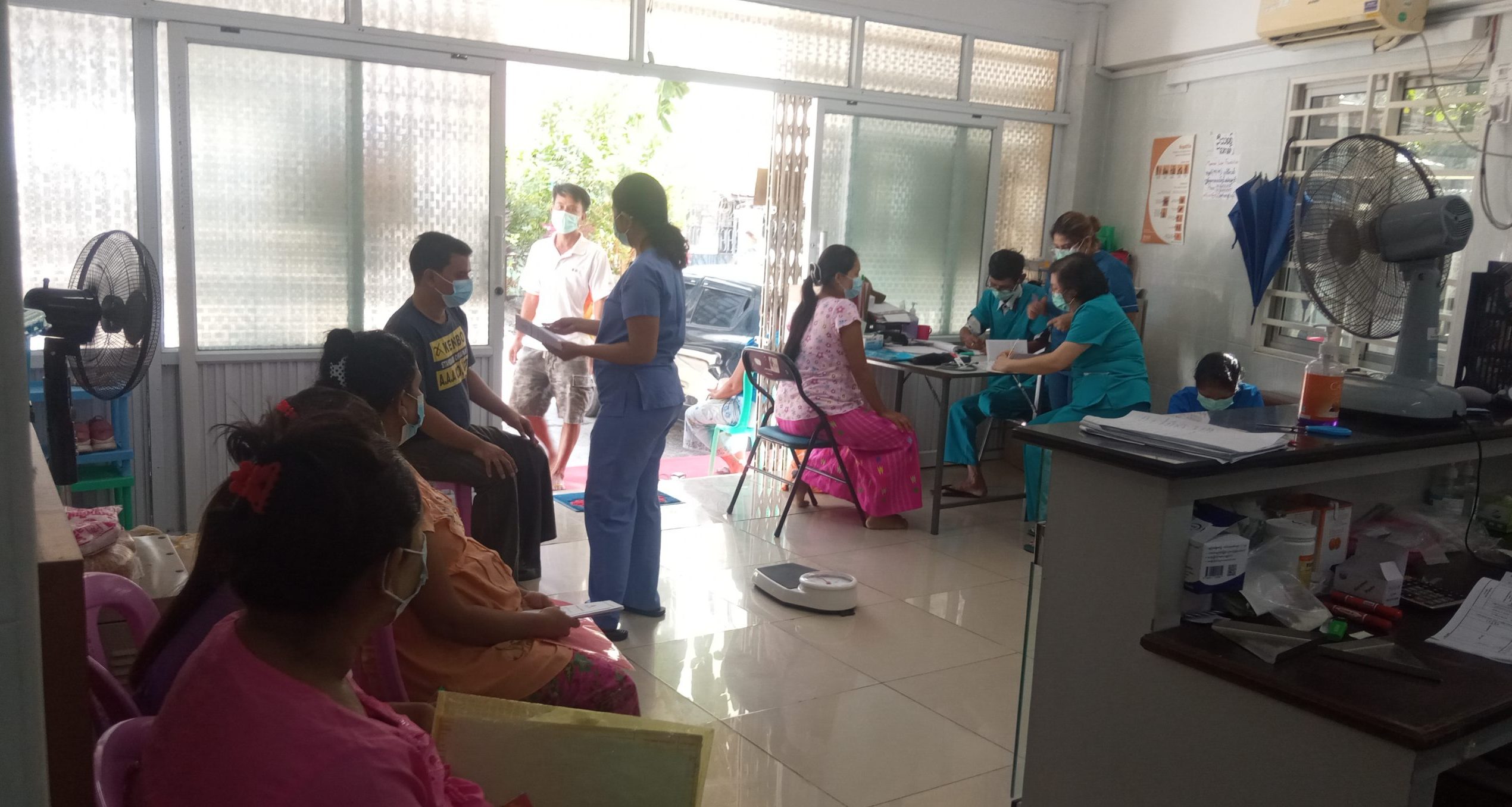
Community stressors and coping mechanisms in accessing the health system during a double crisis: a qualitative case study from Yangon Region, Myanmar
Download this International Journal for Equity in Health article here [opens new tab]
Due to the COVID-19 pandemic and political crisis, Myanmar’s health system suspended routine services while struggling to respond to the pandemic. Many people who needed continuous care, like pregnant women and people with chronic illnesses, have faced challenges in seeking and receiving essential health services. This study, from ReBUILD’s teams at Burnet Institute Myanmar and Queen Margaret University, explored household health seeking practices and coping mechanisms, including respondents’ views on health system stressors.
The study found that the health system in Yangon was severely hit. Although there is no easy way to cope with this dual hardship, the people and the health system, even in a fragile and shock-prone setting like Myanmar, stayed resilient by developing alternative pathways for seeking and providing health services.
Download this International Journal for Equity in Health article here [opens new tab]
Further information
Read a blog post on this study – Myanmar people and health system show resilience during double crises – here